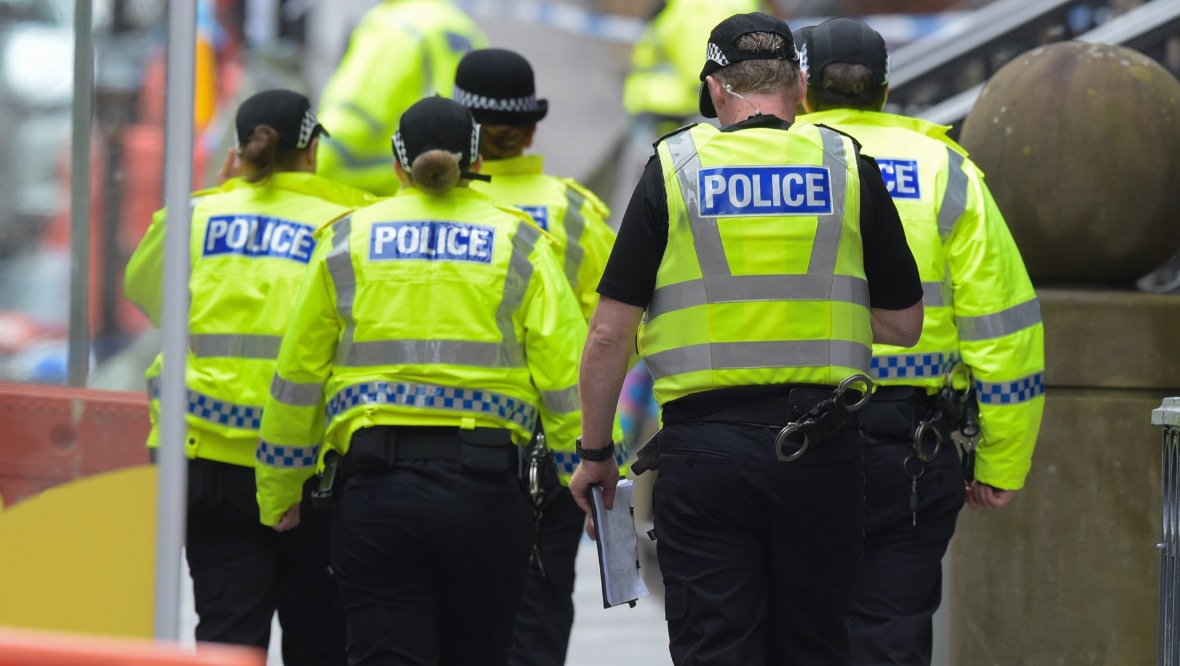More than 500 fines for breaching Covid-19 travel restrictions were handed out by police in the last three months.
A report to the Scottish Police Authority found those in poorer areas and with criminal records were more likely to have to pay-up for rule-breaking.
The review on the use of temporary coronavirus law enforcement powers showed levels of inequality in the numbers of fixed penalty notices (FPNs) issued.
The report read: “Some individuals are feckless or careless, and some transgress through genuine confusion, albeit the persistently large number of unlawful house gatherings may be hard to excuse in that way.
“Some, especially when it comes to self-isolation, may simply be unable to adhere to requirements due to financial or other need which continues in many cases to go unmet and unsupported.”
University of Edinburgh Professor Susan McVie’s latest data report showed that people living in the 10% most deprived neighbourhoods of Scotland were more than 11 times more likely to receive a Covid fine than those on the opposite end of the scale.
People with criminal records were also more likely to be caught out and handed a FPN.
Professor McVie said the prevalence of those with criminal histories suggests that a better understanding of their behaviors and experiences is needed.
Between November 20 and February 14, officers made 2033 interventions relating to Covid travel restrictions, including issuing 532 FPNs.
More than 10% of people who were fined once received an additional ticket.
The highest single FPN value given out in Scotland was £480, the maximum possible is £960.
The report found the data suggested “there was a small core of individuals who repeatedly breached the regulations”.
The report said: “These findings do reflect an additional degree of inequality in the way the pandemic was experienced amongst some people who live in communities that are already typified by poorer health, economic, educational and environmental outcomes.”
Women and older people living in deprived areas were also more likely to receive FPNs according to the data, but that it was not possible to explain the pattern of why some groups received fines more often than others.
During the first lockdown, the majority of FPN recipients were young men, and most of the individuals who were fined had prior criminal records.
Follow STV News on WhatsApp
Scan the QR code on your mobile device for all the latest news from around the country


 SNS Group
SNS Group
























